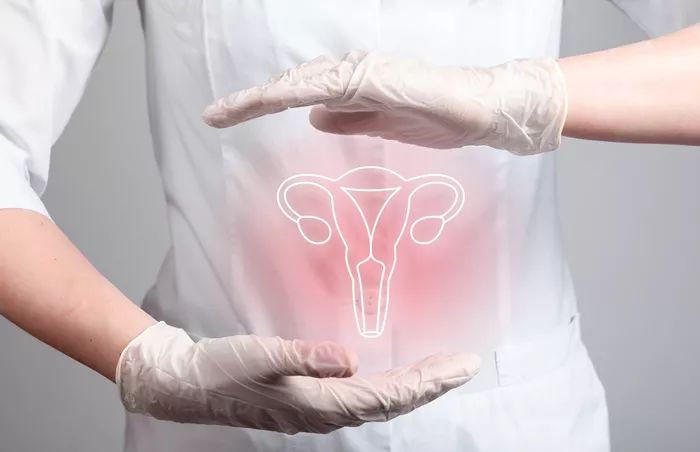Fibroids, also called uterine leiomyomas, are non-cancerous growths in the uterus. While they are not cancer, fibroids can still cause serious health problems for many women.
Up to 80% of women develop fibroids by age 50. These growths vary in size and number. For some women, fibroids cause no symptoms and go unnoticed for years. But for others, fibroids bring heavy menstrual bleeding, pelvic pain, and trouble getting pregnant.
Fibroids Affect Black Women More
Black women are more likely to have fibroids than white women. They tend to have larger fibroids that appear earlier in life, sometimes as young as their 20s or 30s. Because of this, early screening is important.
Scientists believe this difference comes from genetics and environmental factors. For example, vitamin D deficiency, which is more common in people with darker skin, may increase fibroid risk. Getting enough vitamin D through sunlight or supplements can lower the chance of fibroids by over 30%.
How Fibroids React to Hormones
Fibroids grow by feeding on estrogen, a hormone in the body. When women reach menopause and estrogen levels drop, many fibroids shrink naturally. About 60% of women see their fibroids get smaller after menopause. However, some fibroids stay the same size or even grow, especially if the woman is on hormone replacement therapy.
If you are using hormone therapy for menopause symptoms, it’s important to talk to your doctor about how it might affect your fibroids. Understanding how fibroids behave can help you manage your health better.
Uncommon Symptoms to Watch For
Most people know that fibroids can cause heavy periods and pelvic pressure. But fibroids can also cause less obvious problems:
Large fibroids may press on the ureters (tubes that carry urine from kidneys to bladder), blocking urine flow and causing kidney swelling (hydronephrosis).
Fibroids can press on pelvic nerves, causing leg pain that might be mistaken for sciatica.
If you experience unusual symptoms like leg pain or urinary problems, don’t ignore them. See a doctor for a proper check-up.
Conclusion
Fibroids are common but not always well understood. Black women face a higher risk and may experience symptoms earlier. Knowing how fibroids grow, shrink, and affect the body can help women take control of their health. If you have symptoms or risk factors, talk to your healthcare provider about screening and treatment options.
Related topics:
- Best and Worst Underwear for Vaginal Health: Why Thongs Aren’t for Every Day
- Top 7 Probiotic For Women Vaginal Health
- Treating Both Partners Cuts Risk of Recurring Vaginal Infection


